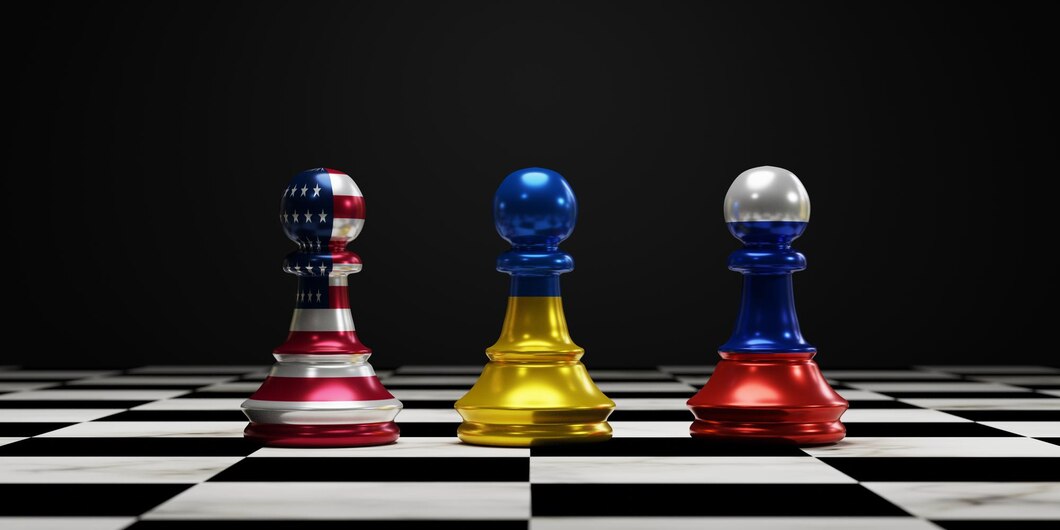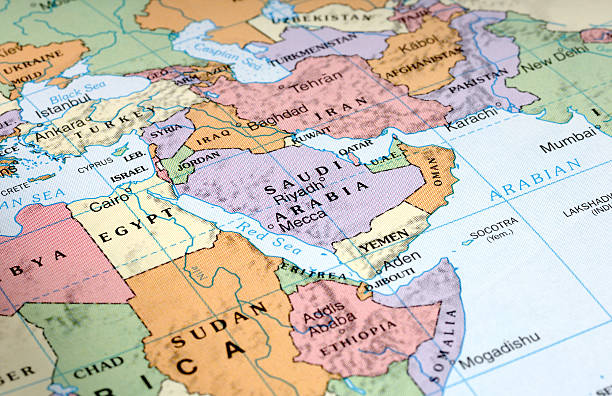In a recent Foreign Affairs article titled “Ukraine’s Winnable War, Why the West Should Help Kyiv Retake All Its Territory” Gideon Rose said:
“A common view of the war sees it as a military deadlock destined to end with a negotiated settlement far short of each side’s original goals. “Later this year, a stalemate is likely to emerge along a new line of contact,” argued the president of the Council on Foreign Relations, Richard Haass, and the political scientist Charles Kupchan in April, and at that point the United States should nudge Ukraine into recognizing that “pursuing a full military victory” would be unwise. “An end to the war that leaves Ukraine in full control over all its internationally recognized territory . . . remains a highly unlikely outcome,” asserted the political scientists Samuel Charap and Miranda Priebe in January, and so Washington “could condition future military aid on a Ukrainian commitment to negotiations” involving territorial compromise.” The title of Mr. Charap’s Foreign Affairs article was “An Unwinnable War, Washington Needs an Endgame in Ukraine”.[i]
Mr. Gideon argued, as could be expected from the title of the article, that the US and Europe should enable Ukraine to continue pushing Russian forces back to Ukraine’s internationally recognized borders. A true status-quo-ante ending to the war, reversing the gains Russia has made since its initial 2014 incursion, is not only possible but also the best option to shoot for.[ii]
I tend to agree with the first group.
For months, speculation over the Ukrainian spring-offensive continued. Then there was some confusion about whether the offensive had begun or not. Finally, without any element of surprise for the Russians, it started.
Kyiv and its backers are hoping for a rapid retaking of strategically significant territory. “Everybody’s hopeful that, you know, you’d see overwhelming success,” Defense Secretary Lloyd Austin told reporters last week. But, he said, adding a note of caution, “I think most people have a realistic outlook on this. Ukraine’s fight is not some easy sprint to the finish line.” He added, “We know that there will be battle damage on both sides.” “Damage” means further loss of life and devastation.
So far, it appears that the Ukrainian forces have only regained limited territory. The New York Times reported that Ukrainian forces retook some small settlements and villages in the early going. Independent analysts say that in recent days, Kyiv’s advances in the Donetsk and Zaporizhzhia regions are better measured in yards than miles. And everybody seems to agree that the offensive has been grueling and bloody.
On June 15, US Secretary of Defense Lloyd J. Austin III, in opening remarks at the 13th Ukraine Defense Contact Group said, “And make no mistake: we will stand with Ukraine for the long haul. You can see that commitment in our ongoing security assistance to Ukraine.”
Attention focusing on the Ukrainian spring-offensive is certainly understandable. However, what will determine the future of the conflict would be the broader strategic competition.
During the years following the collapse of the Soviet Union Western countries lectured Moscow on the merits of democracy and market economy. Russia implemented a radical privatization program encouraged by the West. The fall in oil prices added to Russia’s economic woes. GNP fell by 43%. Inflation reached record levels leading to social problems. Former members of the Warsaw Pact, which had remained forcibly under communist regimes since the end of the Second World War, others under Soviet occupation and yearning for independence, crossed over to the “other side” in exercising what was their indisputable right under international law.
Nonetheless, the West could have done more to manage Russia’s frustration. The loss of an empire, coming so suddenly, is more than a disappointment. The Ottoman Empire’s decline continued for almost two centuries, but some still long for its days of glory, always disregarding the reasons underlying its long-drawn-out decay.
Indeed, there were no written commitments of the kind Russia has referred to, that NATO would not expand even an inch eastward beyond the Oder River. But one may say, in all fairness, that at least an understanding was given. Probably, the victors of the Cold War saw little harm in soothing the Russian grief.[iii]
After failed US interventions in the Middle East, four contentious years of Mr. Trump’s presidency, the chaotic US withdrawal from Afghanistan, and the strains AUKUS created in relations with France, President Putin decided that the time for action against Ukraine had come. Regardless of the historical background, this has so far proved a huge miscalculation. Not only did Russia fail to reach its objectives, but the invasion united the West behind the US. Today the war in Ukraine is no longer a war between Ukraine and Russia but a war between the US and its Western partners who are also providing extensive military support to Kyiv but prefer finding a way to end the fighting sooner than later. Because for the European members of NATO, even a stalemate is a better option than continuing bloodshed with the prospect of the use of tactical nuclear weapons by Russia looming.
The Russian onslaught against Ukraine has provided Washington with a golden opportunity to weaken Russia and focus on strategic competition with China. Russia’s weakening has been accomplished to a considerable extent. The question is at what point would Washington decide that Russia is weakened enough to cease being a global competitor? Because the frequent references by US officials to “the long haul” show that we are not there yet. And the process of weakening Russia could continue through other means, essentially economic sanctions. But while weakening Russia, the invasion of Ukraine has not enabled Washington’s foreign policy to turn a white sheet. Moreover, US domestic politics, almost weekly mass shootings, and the emphasis on military power do not serve American interests and inspire the people of the Global South. It reflects negatively on American public discourse on democracy.
As for China, Beijing while refraining from openly condemning the Russian invasion has followed what the Global South sees as a balanced attitude, reflecting China’s steady foreign policy. Thus, Chinese diplomacy has started scoring points in the Middle East. And Washington is trying to regain ground as shown by the recent GCC-US Foreign Ministers meeting in Riyadh. The Global South wishes to see the war in Ukraine end sooner than later and improved relations between China and the US. Hopefully, Secretary Blinken’s visit to China would meet their expectations.
Interestingly, last Friday that President Sheikh Mohammed bin Zayed Al Nahyan of the UAE, a country that has not joined Western sanctions against Moscow, told President Putin, not President Xi, that his nation wished to strengthen ties.[iv] Theirs was a meeting on the sidelines of the 26th St Petersburg International Economic Forum.
What could be on the agenda if the parties to the conflict were to meet at the negotiating table at some point in the future?
Ukraine and its supporters would certainly raise the issue of Crimea. Russians would not even talk about it.
Thus, the top two interlinked items could be the future of the territories occupied by Russia and Ukraine’s membership in NATO. Would Russia withdraw from those territories in exchange for written guarantees that Ukraine would never join NATO? Would Moscow be prepared to give similar guarantees that it would respect Ukraine’s independence and territorial integrity? Or would Washington insist on Ukraine joining NATO regardless? Up to what point can Western unity be taken for granted?
Ukraine joining the EU could also be on the agenda but for a variety of reasons this might prove a long process.
The end of the Cold War was a moment of relief, an opportunity for the launching of effective multilateralism to resolve conflicts, fight pandemics, effectively deal with energy and food crises, and rise to the challenges of climate change. But in a world of growing disarray, someone was to reopen Pandora’s box and this time it happened to be Mr. Putin.
————————————————————————————————
[i] https://www.foreignaffairs.com/ukraine/unwinnable-war-washington-endgame#author-info
[ii] https://www.foreignaffairs.com/ukraine/ukraines-winnable-war?utm_medium=newsletters&utm_source=fatoday&utm_campaign=Ukraine%E2%80%99s%20Winnable%20War&utm_content=20230613&utm_term=FA%20Today%20-%20112017
[iii] https://www.newyorker.com/news/q-and-a/why-john-mearsheimer-blames-the-us-for-the-crisis-in-ukraine










